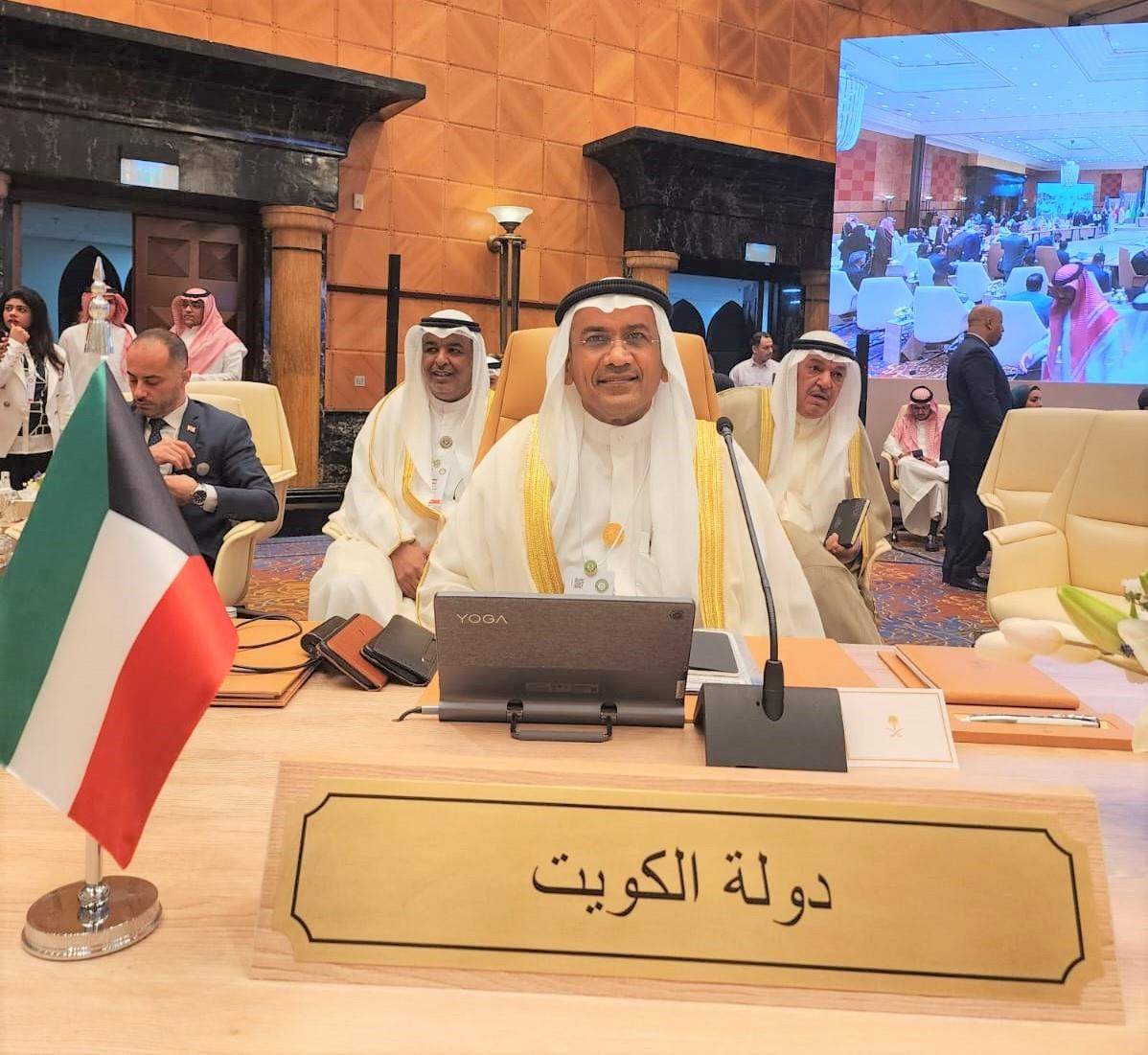The recent summit held in Kuwait has ignited a wave of optimism regarding the potential for a more unified and influential Arab economic bloc. Kuwaiti Finance Minister Abdulwahab Al-Faouri hailed the summit as a "crucial step" towards achieving this objective.
The summit, which brought together finance ministers from across the Arab world, served as a platform to discuss and formulate strategies for bolstering economic cooperation amongst member states. Key areas identified for collaboration included trade integration, infrastructure development, and the fostering of a more streamlined investment environment.
Al-Faouri emphasized the significance of fostering a collective Arab economic identity, underscoring its potential to enhance the region's standing on the global economic stage. A unified Arab bloc, he argued, would be better equipped to navigate the complexities of the international market, attracting foreign investment and establishing itself as a more prominent player in global trade.
The discussions at the summit yielded a number of concrete steps aimed at facilitating this economic integration. One of the central themes revolved around the creation of a unified Arab market. This initiative envisions the dismantling of trade barriers between Arab nations, allowing for the free flow of goods and services across the region. The establishment of a unified market is expected to stimulate economic activity within the region, fostering innovation and entrepreneurial ventures.
Another crucial aspect of the summit's agenda centered on infrastructure development. Recognizing the importance of robust infrastructure networks in fostering regional economic integration, the member states deliberated on plans to synchronize and upgrade their infrastructure projects. This collaborative approach is expected to bridge existing gaps in connectivity, facilitating the seamless movement of goods, people, and resources across the Arab world.
The summit also addressed the need for streamlining investment regulations and procedures across the region. By creating a more standardized and transparent investment environment, Arab nations aim to attract greater foreign direct investment (FDI). Increased FDI inflows are expected to provide the capital necessary to fuel large-scale infrastructural projects and bolster economic growth across the region.
The outcomes of the Kuwait summit have been met with cautious optimism by both regional and international stakeholders. While acknowledging the challenges that lie ahead in realizing the ambitious vision of a unified Arab economic entity, analysts remain hopeful that the summit has laid the groundwork for a more prosperous future for the Arab world. The collective efforts of Arab nations to dismantle trade barriers, invest in infrastructure development, and create a more conducive environment for foreign investment will be instrumental in determining the success of this economic integration endeavor.

